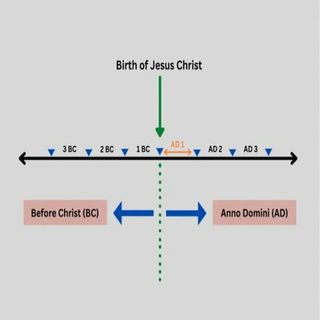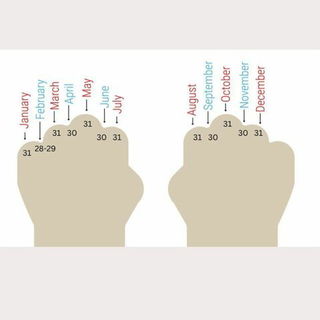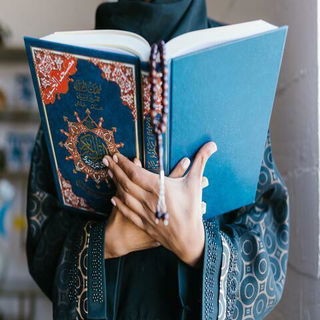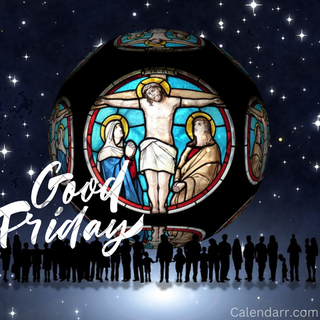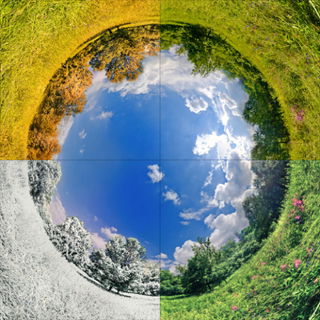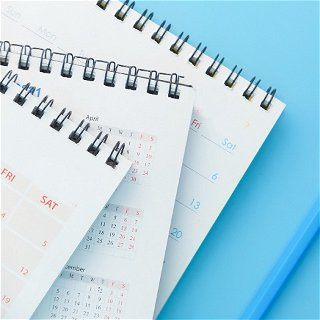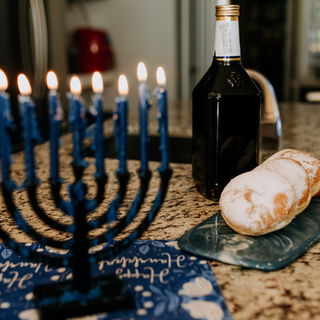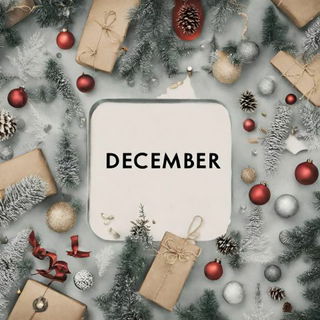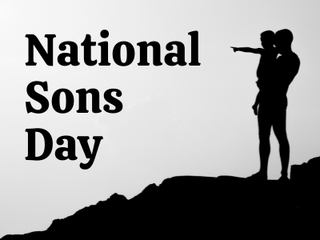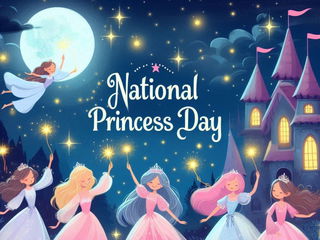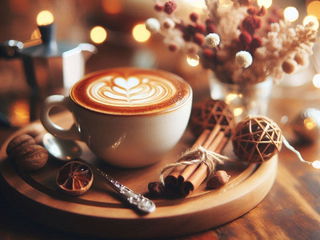- Calendar
- Calendar 2025
- November
- Hanukkah
Hanukkah
Hanukkah , also known as Chanukah is a Jewish festival lasting eight days. In the Hebrew calendar, Hanukkah starts on the 25th of Kislev, which corresponds to the time frame between late November and December in the Gregorian Calendar.
In 2024, the first day of Hanukkah begins at sundown on Wednesday, December 25th, and ends at sundown on Thursday, January 2nd, 2025.
This holiday commemorated the Maccabean Revolt when Jews fought against their oppressors during the second century BC.
Hanukkah is not a public holiday in the United States, so businesses and schools remain open.
What is the meaning of Hanukkah?
Hanukkah is a Hebrew word that means "to dedicate", and it means the Maccabees' rededication of the Temple to the Jewish faith. It can also be an acronym for "Eight candles, and the halakha is like the House of Hillel", which represents the ritual of lighting one candle in the Menorah for each night of Hanukkah, a practice that the House of Hillel suggested.
In modern times, Hanukkah reminds Jews of the issues they had to face throughout their existence of oppression, and the need to fight for religious freedom. It is a holiday with a rich historical meaning.
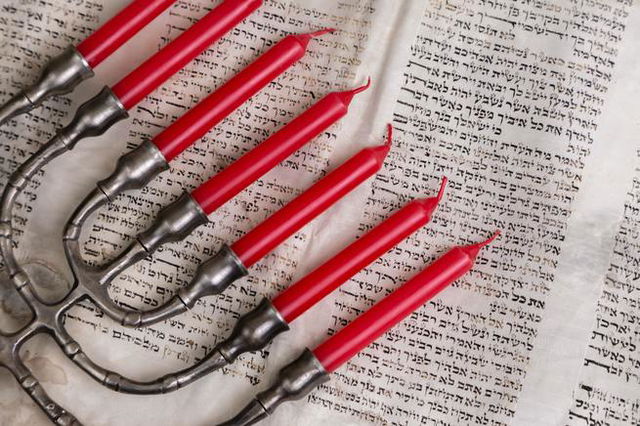
Why does the date of Hanukkah change every year?
Since Hanukkah is celebrated for 8 days beginning on the 25th day of Kislev to the 2nd day of Tevet according to the Jewish Calendar, the first and last day of Hanukkah varies each year. Jewish holidays always start and end at sundown, as per the Torah. In the Gregorian Calendar, Hanukkah generally falls around November/December.
You can see upcoming Hanukkah start dates below:
- Hanukkah 2024: Wednesday, December 25
- Hanukkah 2025: Sunday, December 14.
- Hanukkah 2026: Friday, December 4.
- Hanukkah 2027: Friday, December 24
- Hanukkah 2028: Tuesday, December 12.
History of Hanukkah
During the second century BC, Judea, or the Land of Israel, was under Syrian control.
In 168 BC Antiochus IV Epiphanes rose to power, and outlawed Judaism, ordering his soldiers to desecrate the Second Temple and erect an altar to Zeus.
This resulted in the massacre of thousands of Jews, and those who survived were forced to convert to the Greek religion.
Over two years, a band of Jews led by Judah the Maccabee armed themselves and successfully drove the Seleucids out of Israel reclaiming their city and their temple.
When they were rebuilding the altar in the Second Temple, they found a cruse of olive oil that had not been touched by the Greeks.
They used it to light the Menorah (a candelabrum with seven branches), and that one-day supply of oil lasted for eight whole days. This built the foundation for the celebration of Hanukkah.
Hanukkah in the United States
Although the Jewish population in America is now in the millions, in the 19th century only a few thousand Jews were living in the United States.
This meant that necessities for the Jewish religion (kosher items and Torah scrolls for example) were difficult to find.
Hence, Jews only celebrated major religious events, which meant that holidays like Hanukkah were forgotten.
After the Civil War, some Rabbis began hosting special Hanukkah services for children, to ensure that the Jewish religion would survive in this new country.
By the 20th century, industrialization allowed people to give their children gifts during the holidays.
Jewish people adopted this custom but made it their own, by exchanging gifts on Hanukkah instead of Christmas, asserting their faith in America.
In the 1950s, to fight against Christmas traditions, Jews in American suburbia embellished Hanukkah celebrations with decorations and gifts, giving them a new special meaning.
It is a reminder of the Jewish faith and family life when all the focus is on Christmas. Now, Hanukkah has a greater significance in the United States.
Hanukkah Symbols and Traditions
- Traditionally, during Hanukkah, people eat foods fried in oil, as a reminder of the miracle of the oil during the rededication of the temple.
- It is also a custom to play with a dreidel on Hanukkah. The four sides of the dreidel are an abbreviation for "A great miracle happened there". Children usually play the dreidel for a pot of coins or nuts.
- Although nowadays people exchange gifts on Hanukkah, the tradition is to give gifts of gelt, or money, to children.
- Perhaps the most important Hanukkah tradition is the lighting of the Menorah. On each of the eight nights of Hanukkah, one of the candles is lit after sundown, using the shamash light each candle. This ritual is performed while reciting blessings, and the Menorahs are typically displayed on windows.shamash light each candle. This ritual is performed while reciting blessings, and the Menorahs are typically displayed on windows.
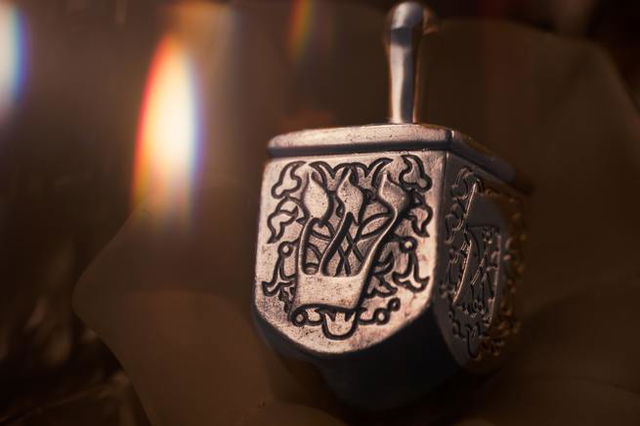
What to Read Next?

Other Celebrations
-
May 27 Tue
-
Dec 19 Fri
-
Dec 24 Wed

Hanukkah - Next years
Wednesday, 09 December 2026
Sunday, 28 November 2027
Friday, 17 November 2028
